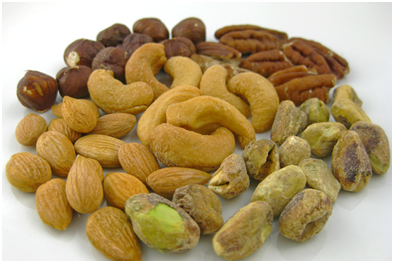Friendly Foods for Energy and Alertness
Working long hours and have no energy? Worried that your child is not alert enough at school?
Tension and stress release hormones which can lead to fatigue but it can also be caused by the food you’re eating meaning you might have a food intolerance. One of the easiest way to increase energy levels and alertness is a simple change to your diet by eating foods that are packed with nutrients and antioxidants and eliminating problem foods.
As with a lot of things, a one-off quick-fix (normally in the form of caffeine or sugar) can be very attractive, but eating a healthy diet all year round is beneficial for the long term in improving your energy levels, alertness and overall wellbeing. So which foods are known to give you an energy boost?
Complex Carbohydrates
Complex carbohydrates such as wheat, natural fruit sugars and pasta increase your blood sugar levels, so adding them to your family’s daily diet will keep energy levels high for a long period of time.
These complex carbohydrate foods can be easily substituted with other foods if you or a member of your family suffers from IBS or other forms of food intolerance. The “safe” foods for these can include rice, oats and some fruits such as blueberries and oranges, and can help to improve your alertness throughout the day.
Fish
A food which is highly recommended as a source of energy and that improves alertness is fish. Fish is full of proteins and Omega-3 fatty acids, both of which are scientifically proven to increase mental alertness, reduce inflammation, as well as boost energy levels.
It is not just oily fish that has these benefits though, feeding your children fish fingers or putting tuna in their sandwiches provides them with these key nutrients too and help them to stay fuller for longer.
Nuts
Nuts are handy to have with you at work or on your travels as a quick and healthy snack. They contain nutrients such as vitamin E and antioxidants, all great at providing high, sustained energy levels and alertness.
It’s worth trying to eat more of these foods and seeing if you feel less tired. However, if your tiredness persists then you could have a food intolerance. It’s important to get the correct advice, particularly when substituting ‘safe’ foods into your diet. The food intolerance experts at YorkTest can provide you with vital information on food intolerances.
Image credit: Darya Pino (http://www.flickr.com/photos/summertomato/) and Khairil Zhafri (http://www.flickr.com/photos/poppacket/)
Guest Post



